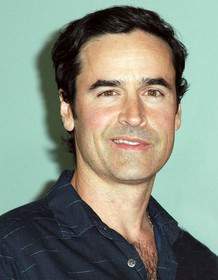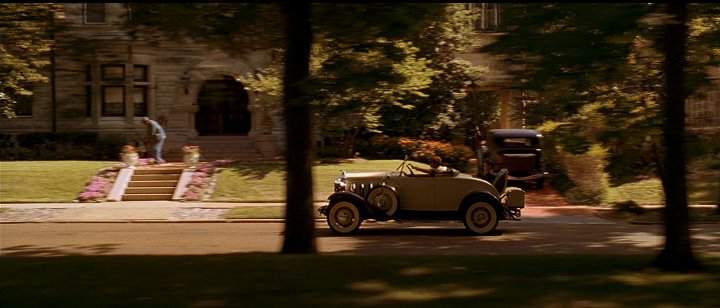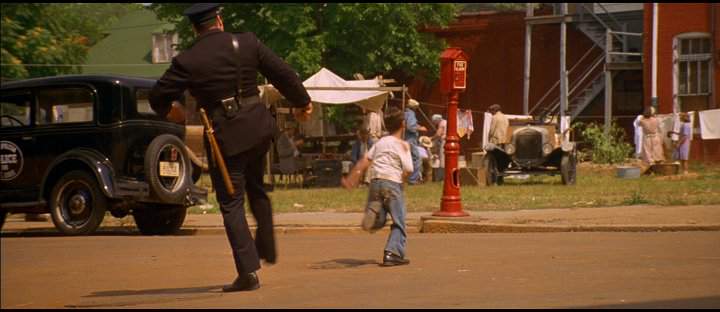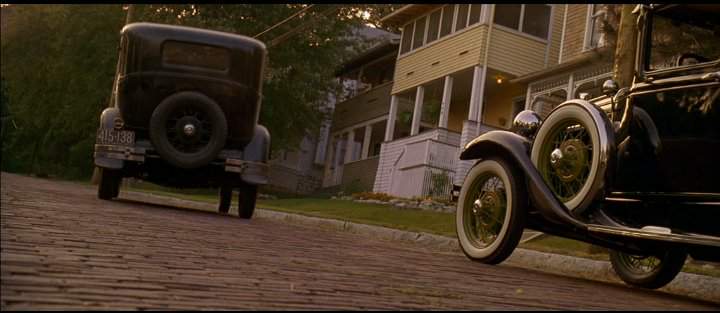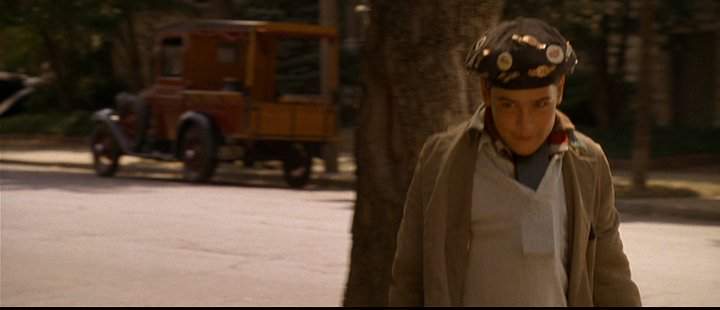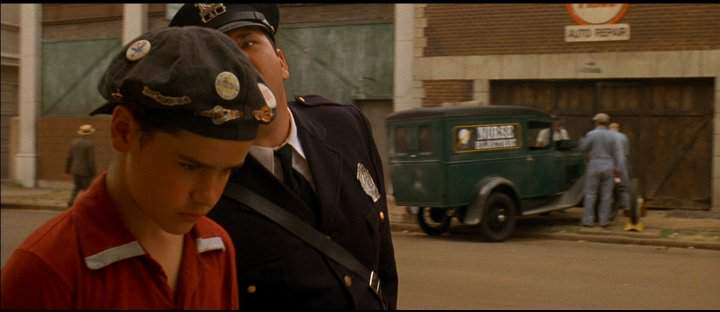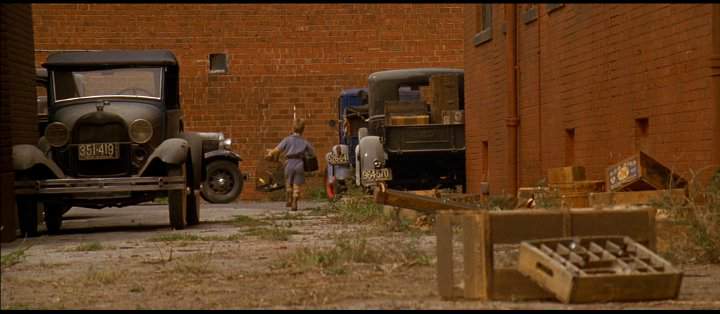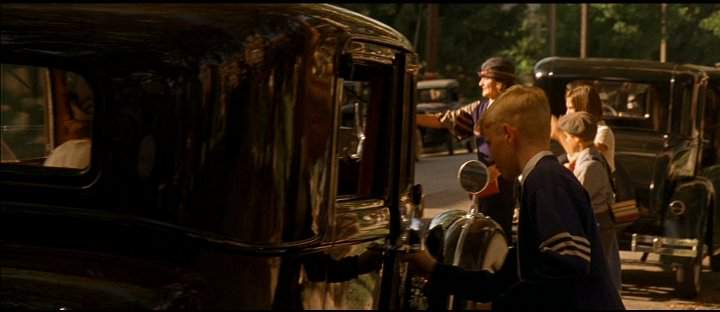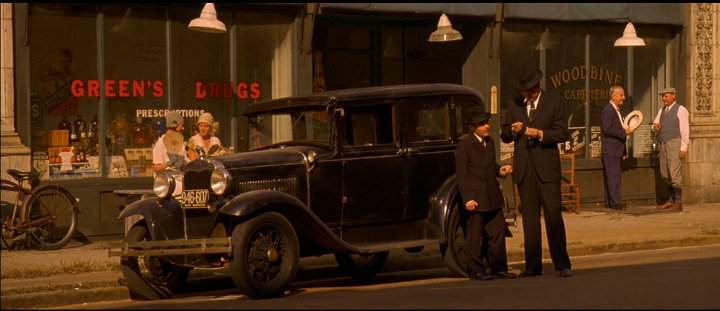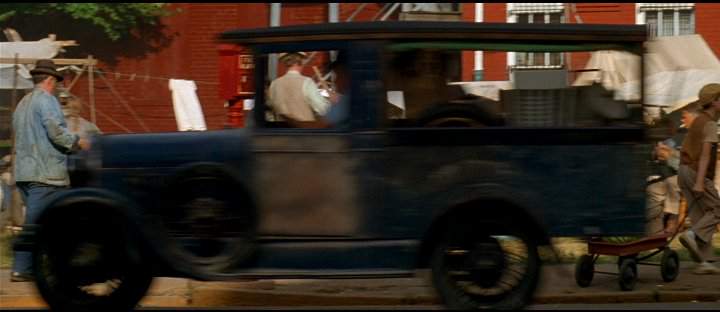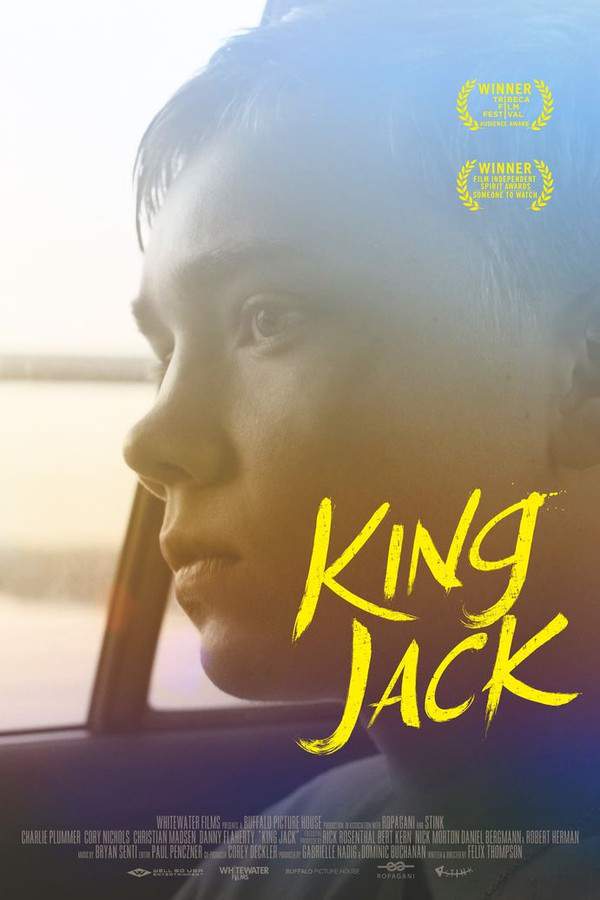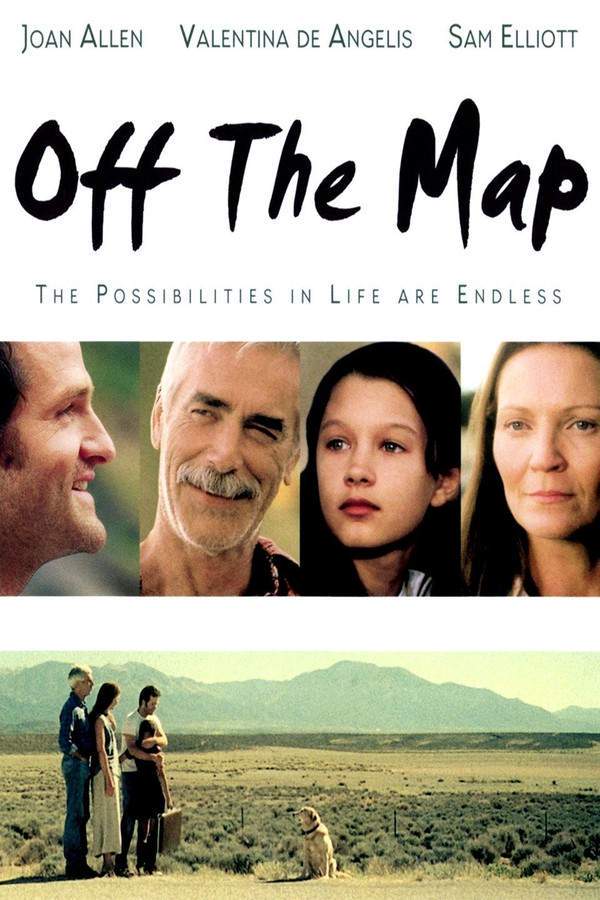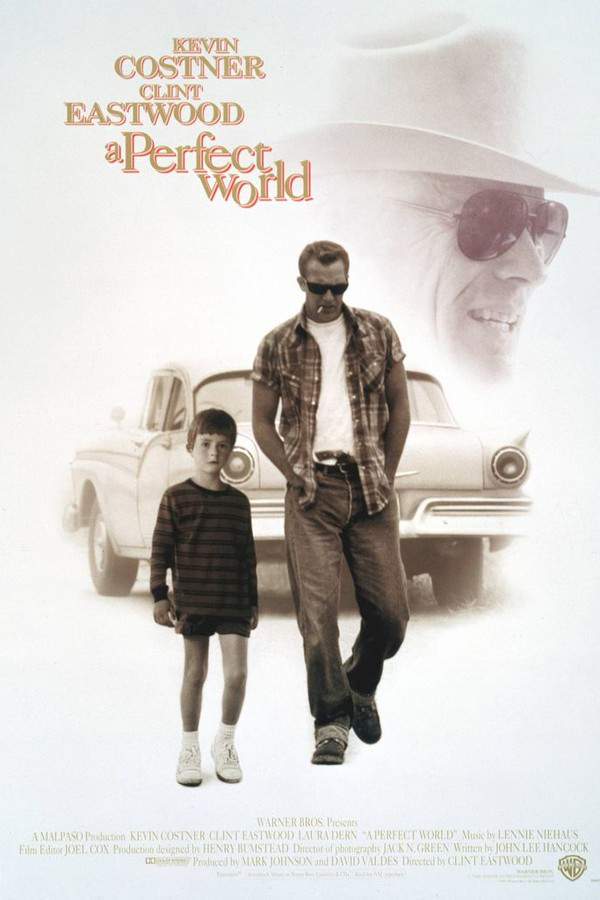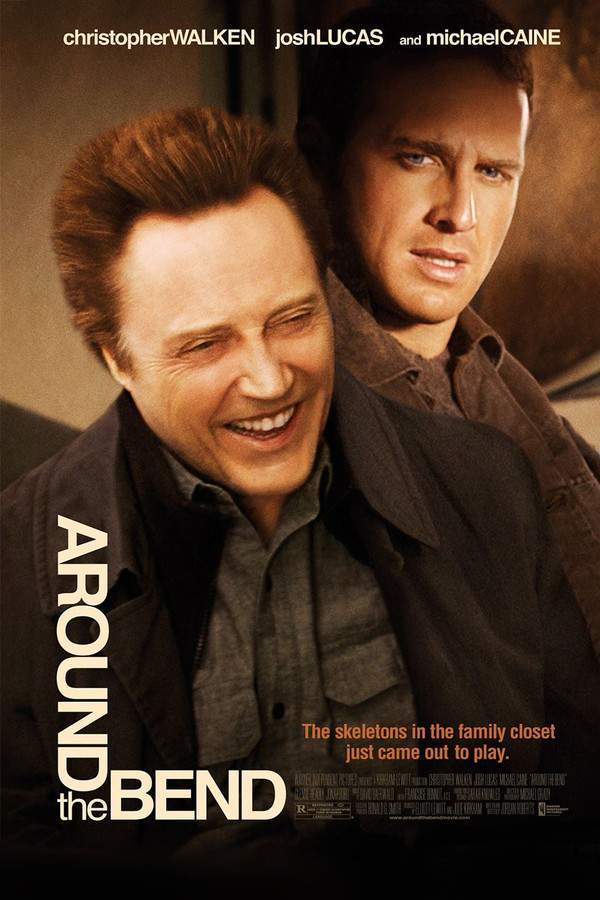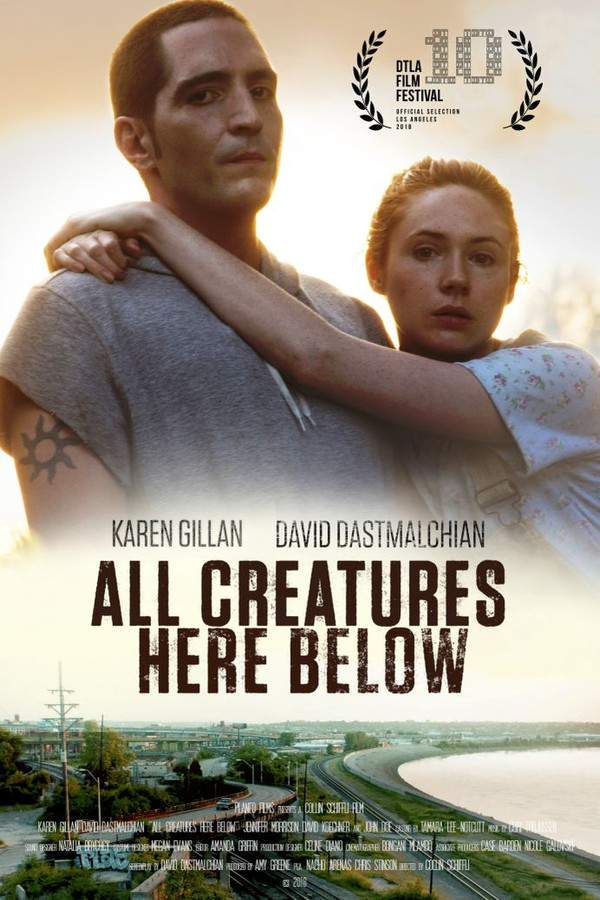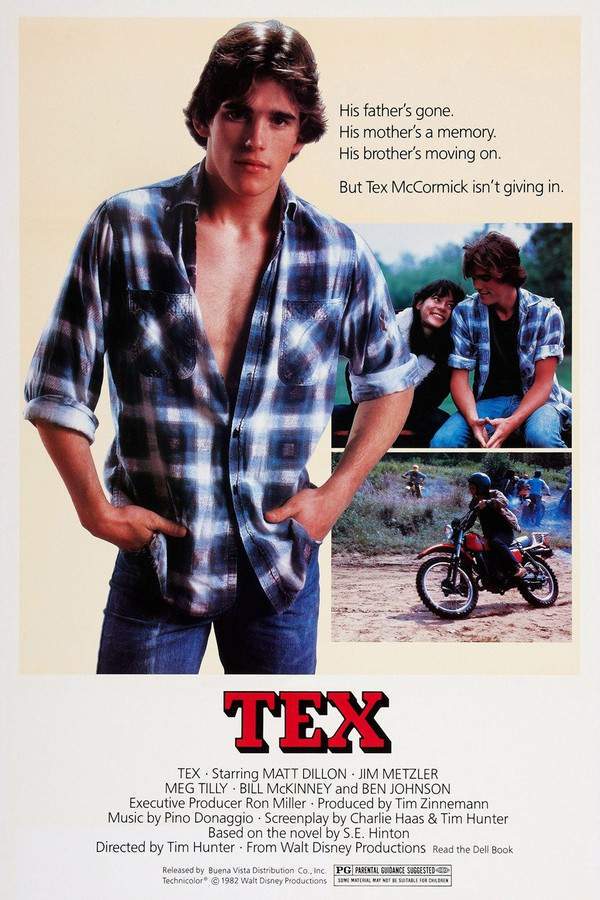King of the Hill 1993

A seemingly peaceful drive across the desert turns perilous when Quim is caught in a sudden burst of gunfire. Seeking refuge, he crosses paths with Bea, a woman he briefly met at a gas station. As they flee deeper into the woods, they uncover a dangerous conspiracy. Their desperate flight tests Quim's beliefs and forces him to confront the motivations of those pursuing them, ultimately revealing unexpected connections.
Does King of the Hill have end credit scenes?
No!
King of the Hill does not have end credit scenes. You can leave when the credits roll.
Meet the Full Cast and Actors of King of the Hill
Explore the complete cast of King of the Hill, including both lead and supporting actors. Learn who plays each character, discover their past roles and achievements, and find out what makes this ensemble cast stand out in the world of film and television.
External Links and Streaming Options
Discover where to watch King of the Hill online, including streaming platforms, rental options, and official sources. Compare reviews, ratings, and in-depth movie information across sites like IMDb, TMDb, Wikipedia or Rotten Tomatoes.
Ratings and Reviews for King of the Hill
See how King of the Hill is rated across major platforms like IMDb, Metacritic, and TMDb. Compare audience scores and critic reviews to understand where King of the Hill stands among top-rated movies in its genre.

86
Metascore
8.1
User Score


83%
TOMATOMETER

46%
User Score

7.3 /10
IMDb Rating

68
%
User Score
Take the Ultimate King of the Hill Movie Quiz
Challenge your knowledge of King of the Hill with this fun and interactive movie quiz. Test yourself on key plot points, iconic characters, hidden details, and memorable moments to see how well you really know the film.
King of the Hill Quiz: Test your knowledge on the emotional journey of Aaron Kurlander in 'King of the Hill'.
In what year is 'King of the Hill' set?
1930
1933
1935
1937
Show hint
Full Plot Summary and Ending Explained for King of the Hill
Read the complete plot summary of King of the Hill, including all major events, twists, and the full ending explained in detail. Explore key characters, themes, hidden meanings, and everything you need to understand the story from beginning to end.
In St. Louis, Missouri, 1933, during the height of the Great Depression, Aaron Kurlander (Jesse Bradford), an eighth-grade student, excitedly shares a writing assignment about his idol, the aviator Charles Lindbergh, known for his solo transatlantic flight in 1927. After school, Aaron reprimands his younger brother, Sullivan (Cameron Boyd), for trying to steal another child’s dessert.
At the rundown Empire Hotel, where they reside, Sullivan pleads with Aaron to teach him how to play marbles, and although hesitant, Aaron gives in and offers him a few marbles for practice. Upon returning to their room, the boys learn of Sullivan’s impending stay with their uncle until their father, Eric Kurlander (Jeroen Krabbé), secures a job selling watches and can afford a better living situation.
At school, Aaron comes to the defense of wealthy student Billy Thompson (Chris Samples) by challenging the bullies to a game of marbles, which he wins effortlessly. Grateful, Billy invites Aaron over to his house, revealing his collection of canaries and offering one to mate with Aaron’s bird, Skippy. Eager to hide his family’s financial struggles, Aaron fabricates a story about working for the government.
However, his teacher, Miss Mathey (Karen Allen), notices discrepancies in Aaron’s address and unravels the truth of his homelessness. During this time, Mrs. Kurlander (Lisa Eichhorn) discloses her need to return to a sanitarium for treatment of her escalating tuberculosis. As the weekend approaches, Aaron attempts to help his older friend, Lester Silverstone (Adrian Brody), in a golf caddying job, which leads to disappointing results.
In an unexpected turn, a quiet neighbor girl, Ella McShane (Amber Benson), invites Aaron to join her for dinner and they share a dance, but she suffers an epileptic seizure, leaving him distressed. That night, Aaron tries to prepare a meal for himself and his father using ketchup and hot water to make tomato soup.
One day, Aaron teams up with Lester to avoid having their father’s illegally parked car ticketed, but chaos ensues when the car rolls down a hill, narrowly missing a game of stick-ball. With newfound responsibilities, Mr. Kurlander announces a job as a traveling watch salesman, compelling him to miss Aaron’s junior high graduation the following week.
Left to fend for himself, Aaron sells his new canaries to a pet shop, only to discover they are all females and thus worthless, netting him a meager fifty cents. He spends this money on a kitten for Ella, who is recovering from another episode. At school, Aaron steals a sandwich and is subsequently invited to a graduation dinner by Christina Sebastian (Katherine Heigl), contributing to his growing web of lies.
On the day of his graduation, as Aaron dons his new suit, he shares an emotional goodbye kiss with Ella. During the ceremony, to his surprise, he receives an award for good character. Afterward, while fabricating excuses for his parents’ absence at the celebration, Aaron overhears unkind comments branding him a “charity case.” This leads him to flee from Billy’s party, returning to the hotel, where he finds an eviction notice due to unpaid rent.
Despite his attempts to deliver bad news to his mother at the sanitarium, events spiral as he encounters a former tenant now living in a nearby Hooverville. Aaron, in desperation, offers his cigar band collection to a supportive neighbor, Mr. Mungo. Tragically, he later discovers Mr. Mungo has committed suicide.
In a state of despair, Aaron resorts to arranging magazine images of food, pretending to eat, which sends him into a hallucination from the intense stress he has been under. Eventually, he is stirred from his daze by Sullivan’s arrival, and they indulge in the food he’s brought. The reunion is short-lived, as their father unexpectedly returns with news of his new job as a clerk for the Works Progress Administration, earning a modest salary.
Despite his father’s suggestion to abandon their belongings and the outstanding hotel bill, Aaron stands firm. He and Sullivan lower their suitcases from the window while also stealing back watercolor paints to return to the evicted tenant. In a bold act against the hotel’s oppressive bellhop, Aaron locks away the padlocks used against struggling tenants.
In a heartwarming conclusion, the reunited Kurlander family moves into their new apartment at the Carleton Court, finally finding some stability amidst the adversity that once tore them apart.
Uncover the Details: Timeline, Characters, Themes, and Beyond!

Coming soon on iOS and Android
The Plot Explained Mobile App
From blockbusters to hidden gems — dive into movie stories anytime, anywhere. Save your favorites, discover plots faster, and never miss a twist again.
Sign up to be the first to know when we launch. Your email stays private — always.
Watch Trailers, Clips & Behind-the-Scenes for King of the Hill
Watch official trailers, exclusive clips, cast interviews, and behind-the-scenes footage from King of the Hill. Dive deeper into the making of the film, its standout moments, and key production insights.
Cars Featured in King of the Hill
Explore all cars featured in King of the Hill, including their makes, models, scenes they appear in, and their significance to the plot. A must-read for car enthusiasts and movie buffs alike.
King of the Hill Themes and Keywords
Discover the central themes, ideas, and keywords that define the movie’s story, tone, and message. Analyze the film’s deeper meanings, genre influences, and recurring concepts.
King of the Hill Other Names and Titles
Explore the various alternative titles, translations, and other names used for King of the Hill across different regions and languages. Understand how the film is marketed and recognized worldwide.
Similar Movies To King of the Hill You Should Know About
Browse a curated list of movies similar in genre, tone, characters, or story structure. Discover new titles like the one you're watching, perfect for fans of related plots, vibes, or cinematic styles.
Quick Links: Summary, Cast, Ratings, More

What's After the Movie?
Not sure whether to stay after the credits? Find out!
Explore Our Movie Platform
New Movie Releases (2026)
Famous Movie Actors
Top Film Production Studios
Movie Plot Summaries & Endings
Major Movie Awards & Winners
Best Concert Films & Music Documentaries
Movie Collections and Curated Lists
© 2026 What's After the Movie. All rights reserved.





